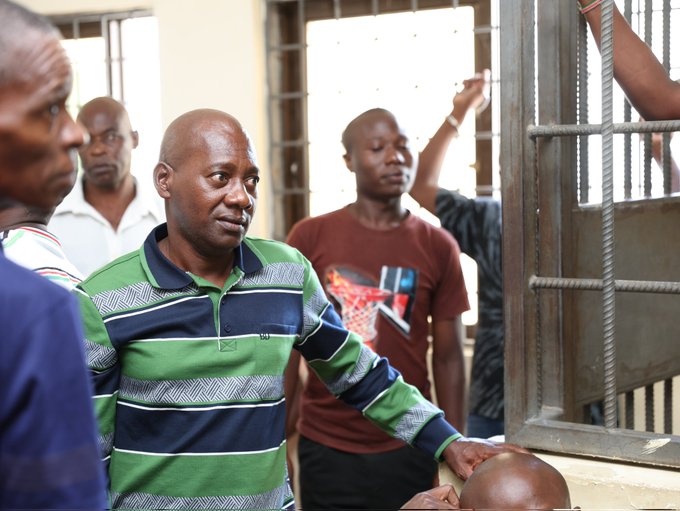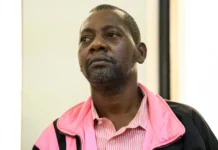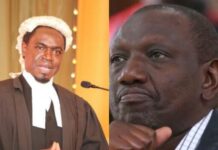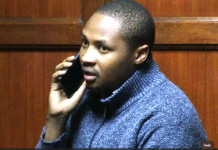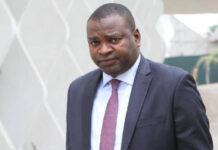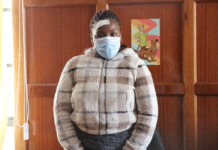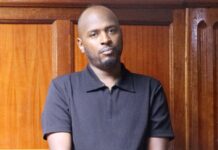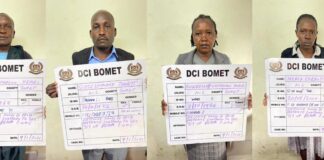By Michelle Ndaga
The Shakahola massacre case against controversial preacher Paul Mackenzie and 95 co-accused resumed today at the Shanzu Law Courts, where prosecutors presented disturbing videos, photographs, and witness accounts laying bare the horrors of the radical cult.
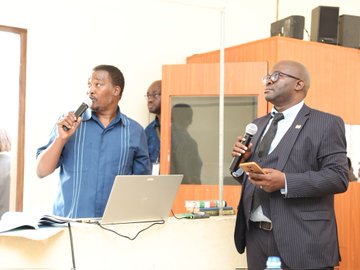
Chief Inspector Erastus Sawe, a forensic expert with the Directorate of Criminal Investigations (DCI), presented video evidence drawn from Mackenzie’s sermons. The clips, compiled from months of review, allegedly show the Good News International leader urging followers to reject formal education, government authority, and medical care.
Sawe described Mackenzie’s message as “strong and convincing,” warning it could easily sway vulnerable individuals. He admitted that reviewing the footage “day and night for six months” left him emotionally shaken.
Senior Sergeant Livingstone Lihanda, a DCI forensic crime-scene investigator, produced photographs documenting the grim discoveries in Shakahola Forest.
The images included exhumations, autopsies, DNA sampling, and personal items such as Bibles, birth certificates, and children’s schoolbooks. He described shallow mass graves, some just two feet deep, one holding six bodies laid side by side.
Two minors under witness protection delivered emotional testimony. A 10-year-old boy recounted being forced to fast under threat of beatings, even witnessing the burial of children wrapped in sheets.
He said his mother and youngest sibling later died in the camp. A 16-year-old, who joined Mackenzie’s church in Nairobi in 2019, testified that the preacher distorted Bible verses to denounce education, medical treatment, and state institutions as “the work of the devil.”
The prosecution team, led by Jami Yamina, Antony Musyoka, J.V. Owiti, and Betty Rubia, is expected to present more witnesses as hearings continue tomorrow before Principal Magistrate Hon. Leah Juma.
The case, which has gripped the nation, continues to reveal the extent of radicalization and abuse in what has been described as one of Kenya’s darkest tragedies.









